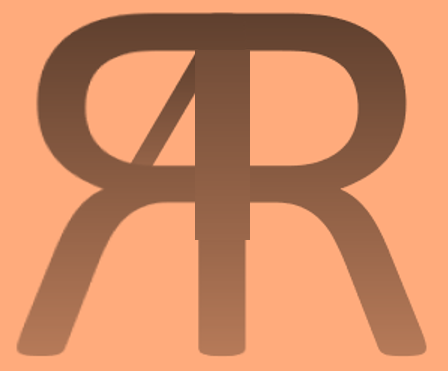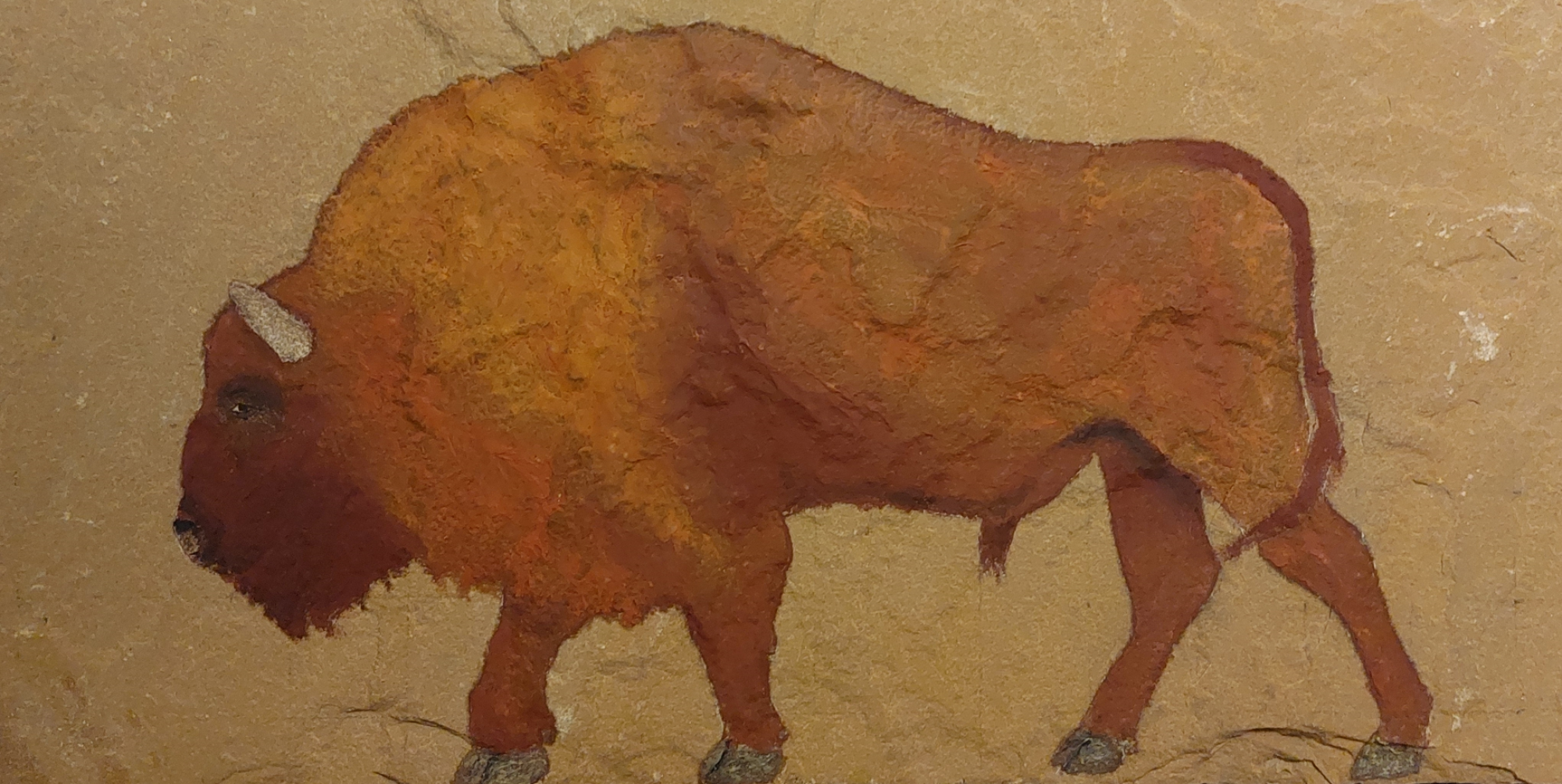Address to a Feast of Burns
A dreary gloom’s hangs o’er the town
For Christmas tinsel’s taken down
But Spring’s not yet put on her gown
Of finery
Dark Winter still retains his crown
In January.
So at this time what we desire
Is merriment and warming fire
With blazing logs heaped higher and higher
And hearty food
These are the things that we require
To raise our mood.
And so we’d do well to embrace
Cold January’s one saving grace
The meal that Scots folk love to taste
Where all take turns
Hot haggis with strong whisky laced:
The Feast of Burns.
And by this feast that they hold dear
A second burst of festive cheer
Lights up the dark part of the year
To warm the heart
So call the piper here
And let it start!
The Beast of Dumgilly
In the deep dingly dells of Dumgilly
Where the mists saunter up from the sea
Blown by winds that can be a touch chilly
Stands the Castle of Bonnie King Willy
By a loch that’s as deep as can be (Oh and
anyone whose able, off we
go to find some find some thistle for the
table)
Now each year a great haggis is made
On the day of the Haggis Night feast
And then into the loch they all wade
As a tune on the bagpipes is played
To call out of the water a beast (Oh and
anyone whose able, off we
go to find some find some thistle for the
table)
Then deep down in the loch’s murky green
Something wakes from its sleep in a cave
First the surface stays still, nothing’s seen
Then a ripple will break through the sheen
Which grows bigger, becoming a wave (Oh and
anyone whose able, off we
go to find some find some thistle for the
table)
Up he comes from the far off loch floor
Swimming straight to the source of the sound
Till he comes to a stop at the shore
Where he lets out a monsterry roar
Shakes his fins, says hello, looks around (Oh and
anyone whose able, off we
go to find some find some thistle for the
table)
Now the people aren’t scared of this meeting
For they know he’s not one for a fight
They just calmly return his warm greeting
Then he puts on a bib and starts eating
And my word! How he loves every bite! (Oh and
anyone whose able, off we
go to find some find some thistle for the
table)
But one year as they carried this gift
An old wheel on their cart broke in two
There was no other way they could lift
Up the sausage which made them quite miffed
Cause they just couldn’t think what to do (Oh and
anyone whose able, off we
go to find some find some thistle for the
table)
Then at last the wise king of Dumgilly
Who I think that I mentioned before
(If I didn’t, his name is King Willy
And his kilt is quite famously frilly)
Now this chap quickly raced to the shore (Oh and
anyone whose able, off we
go to find some find some thistle for the
table)
“We’ve got plenty of room in our hall,”
Bonnie Willy called out to the beast
“So don’t worry about being tall
You’re most welcome to come join us all
And take part in our Haggis Night Feast.” (Oh and
anyone whose able, off we
go to find some find some thistle for the
table)
So each year the loch monster now sits
In the hall feeling less and less shy
And still over the Moon that he fits
And in fact he’s just tickled to bits
To have friends and be cozy and dry. (Oh and
anyone whose able, off we
go to find some find some thistle for the
table)
The Festive Flame
Piping Goat-Pan’s* stars** now frame
The Sun,*** and so it’s time again
To sing of that great Festive Flame
With cheering glow
How Piping Pan the flame reclaims
And routs the foe
When scarcely passed was Yule’s twelfth night
The winter giants, waxed in might,
From Jotenheim, their home, took flight
And swiftly came
To steal from human sight
the Festive Flame.
Their general was Despondency
Then came Despair and with him he
Brought Boredom and Mundanity
And many more
They came against all human glee
To wage their war.
Our hearts to them were held in thrall
And drear and sickly was the pall
That billowed darkly over all
Of Midgard’s plain
So Thor from Asgard gave the call:
“Let gloom be slain!”
He takes his hammer in his hand
And leads his mighty hero band
They track and chase from land to land
For three long weeks
At last before their foes they stand and
Thor now speaks:
‘Give up to us the Festive Flame
This thing alone we’re here to claim
We will return wither we came
And go in peace
Now end this little game;
the flame release!’
This was met with blank defiance
From the icy-hearted giants
It was Thor who broke the silence
With request
To gods to form alliance
‘Gainst this pest.
In answer Bacchus brought his crew
With Pan, who on the bagpipes blew,
And Hestia, the goddess who
Makes hearth-fires glow
And Fast and Feast and Dance as well
Were brought in tow.
Arriving on his festive float
His ‘Car Naval’, his chariot boat
Came Bacchus, drawn by Pan’s shrill note
In flowers decked
The giants’ defensive line he smote
And rear guard wrecked
Hear Bacchus’ donkey loudly bray
As now the god rides to the fray
And sends a fiery whiskey spray
Into their eyes
The giants for their evil pay
With painful cries
Pan’s drone and chanter intertwined
To hypnotise the baser mind
But freed the one of higher kind
So in that brood
Of giants it spread panic blind
But raised our mood.
And as the pipes’ loud skirl flew round
The giants fell upon the ground
And loudly did the Earth resound
As down they fell
The pipes for us were heaven’s sound
For them: death’s knell.
And on the fire fresh wood was thrown
And in the heart new hope was sown
And from the jug of polished stone
Wine filled the bowl
And wildly were the bagpipes blown
To cheer the soul
And still the ever-building drone
The timeless, blazing monotone
From out the leather bag, well-sewn
Cast this fierce charm:
“On giants bring down moan and groan
On men, no harm.”
As cheering flames the hall pervade
The brutes retreat, regret their raid
Our captive human hearts now fade
from their control
And still the piper’s notes cascade
to cheer the soul.
And so the Festive Flame burned bright
Through Thorablot and Haggis Night
And Carnaval and burned on right
Through Pancake Day
The Winter Giants’ blight
Was kept at bay.
* The technical term for the double-reed mouthpiece of the double-piped Ancient Greek aulos was syrinx (“reed”) and it seems that, since Pan was often depicted playing the double aulos pipe, the mythic theme of Pan with his syrinx (the nymph who, when chased by Pan, turned to a clump of reeds which Pan then cut and used to make a musical instrument) at some point referred not to a set of Panpipes (hollow reeds), but to the mouthpiece of the aulos. The double reed is also the type of mouthpiece used in bagpipes, and indeed the aulos with its double pipe sounded much like the bagpipe. So here we have Pan as the god of the bagpipes. See also the following note on the instrument Pan/Capricorn invented and used to spread panic among the Titans, causing them to flee. Hence here we have the bagpipes similarly causing the giants to retreat.
** A standard member of Dionysos’ retinue, and one present early on in Greek material, is Pan, or Aigipan: ‘Goat Pan’. Goat-legged Pan is in the retinue in the mosaic of the fifth century B.C.E. Villa of Good Fortune, Olynthus, and in Euripides’ Bacchae, and in later iconographical examples such as the Triumph of Bacchus and the Seasons sarcophagus in the Metropolitan Museum of Art and the mural from the tomb near Ostia now in the Archaeological Museum, Ostia. We have explicit Roman and earlier Greek testimony to this figure being represented in the stars by the constellation of Capricorn. Hyginus (b.64B.C.E.) wrote (Poet. Astr. 2.28) that ‘Capricorn’s appearance is very similar to that of Aigipan.’ He goes further: ‘Pan reportedly jumped into the river, changed his hind parts into a fish, and the rest of his body into a goat… Jupiter, admiring Pan’s ruse, placed that image among the stars.’ Going back to the earlier Eratosthenes Constellations text (what we have is Pseudo-Eratosthenes’ first century C.E. epitome of a lost original attributed to Eratosthenes) we find the same idea. ‘Aegoceros [Capricorn] is similar in appearance to Aegipan…. Aegoceros is thought to have invented the trumpet which is called Panicus…. the sound of his trumpet caused the Titans to flee…[so]…after he assumed power, Zeus placed Aegocerus among the stars.’ It was, of course, really Pan himself who invented panic.
*** The constellations have moved on from the positions they held when astrology was formulated, so whilst originally the Sun moved into Capricorn towards the end of December around the time of the Saturnalia festival, now it enters that constellation towards the end of the January. In fact, it currently moves into the Goat-Pan constellation just a few days before Burns Night. See for example http://earthsky.org/astronomy-essentials/dates-of-suns-entry-into-each-constellation-of-the-zodiac

